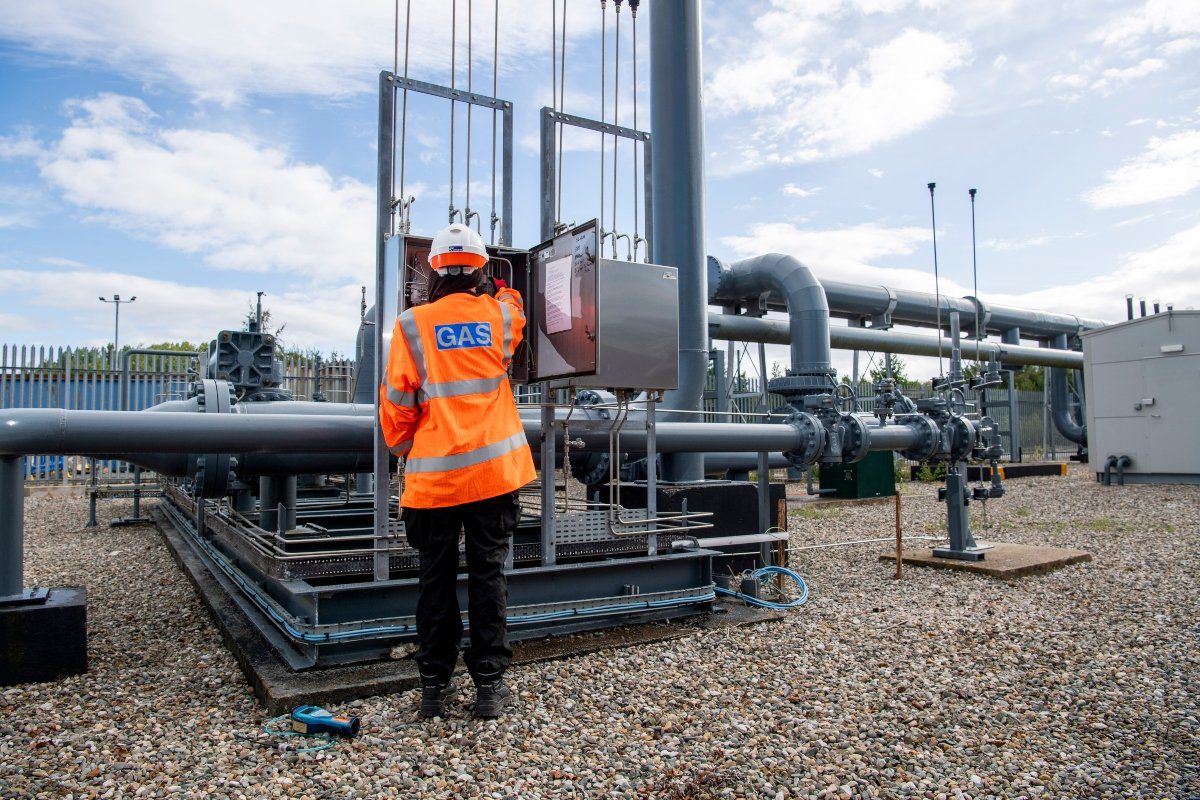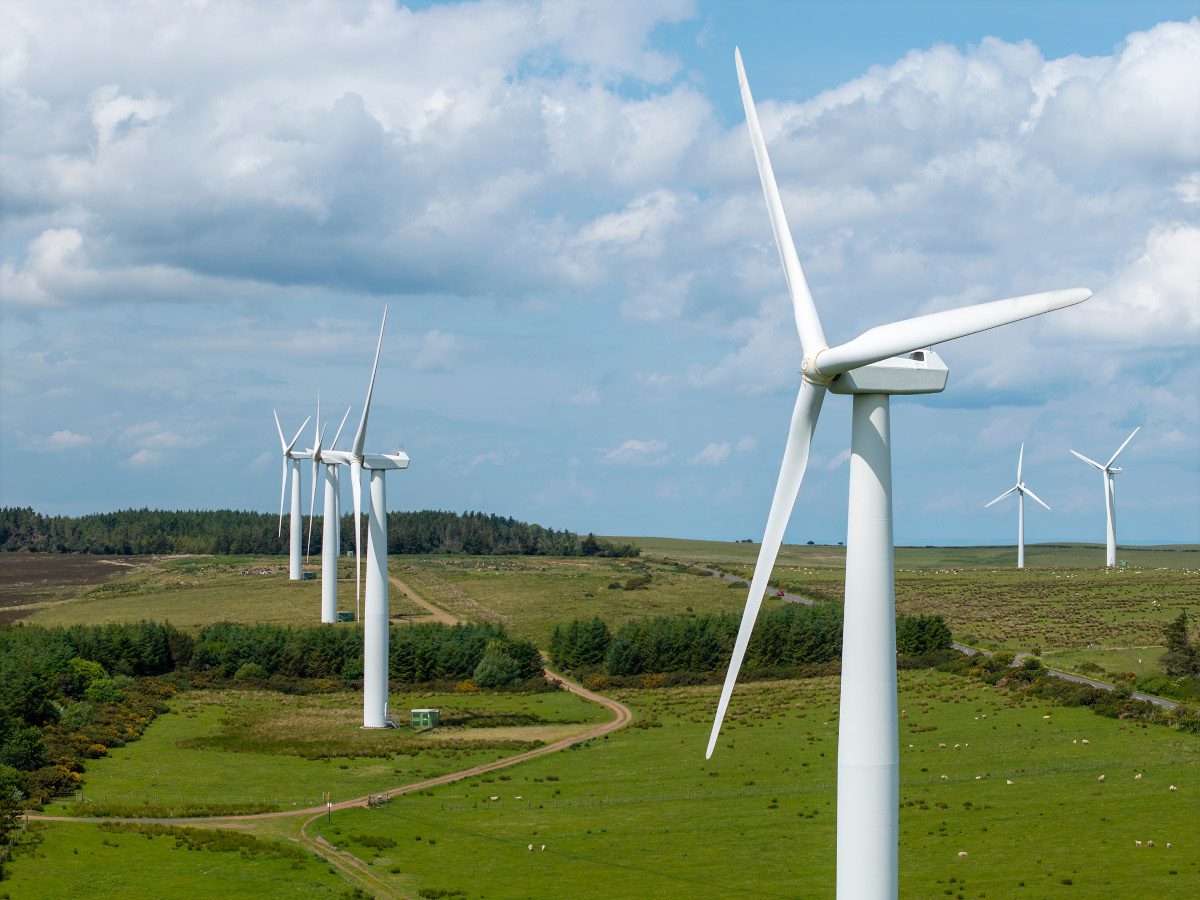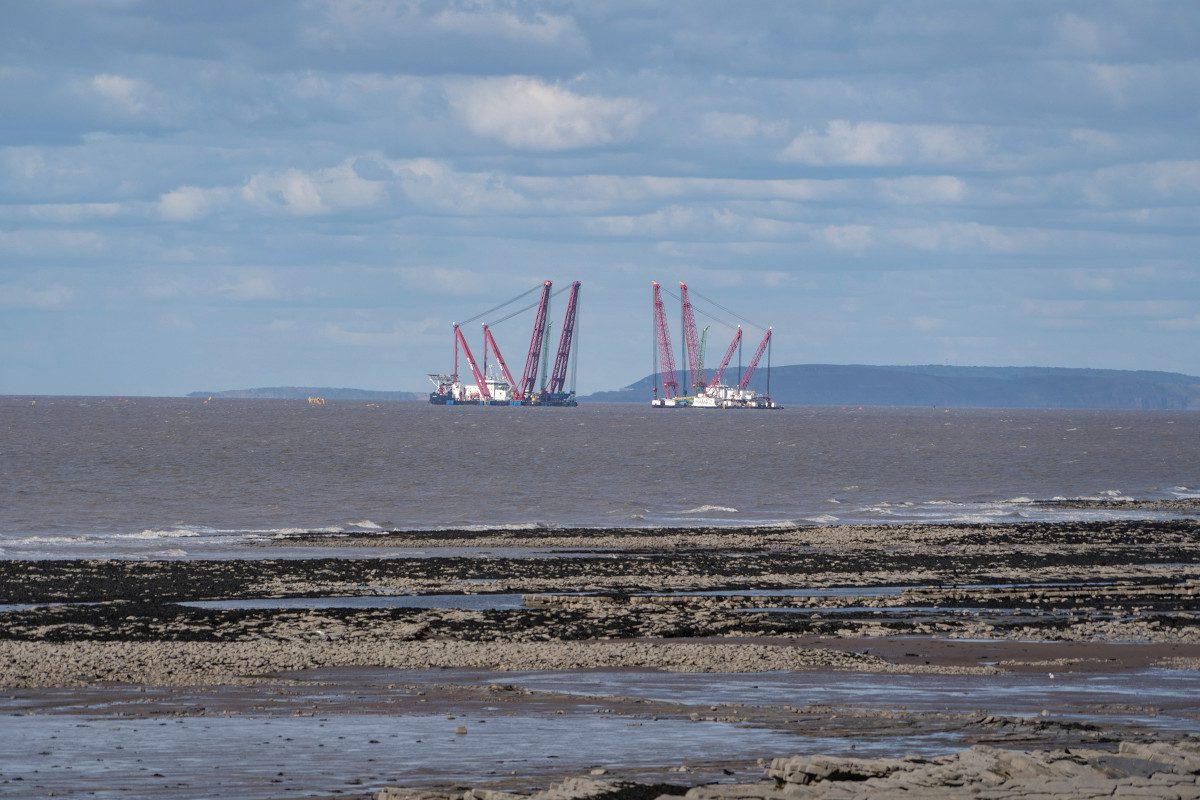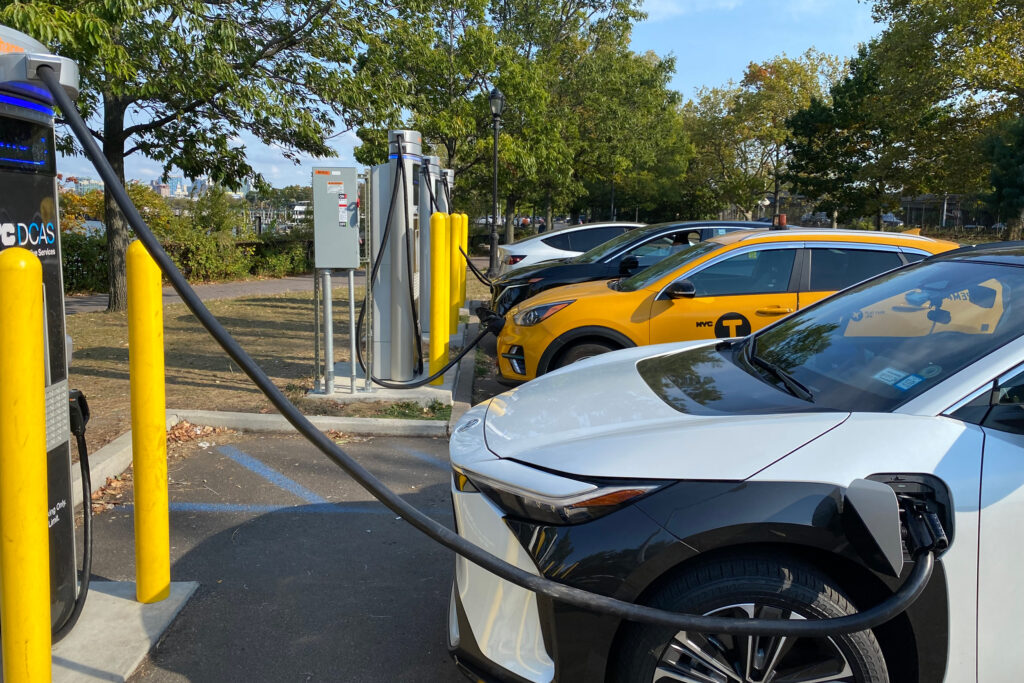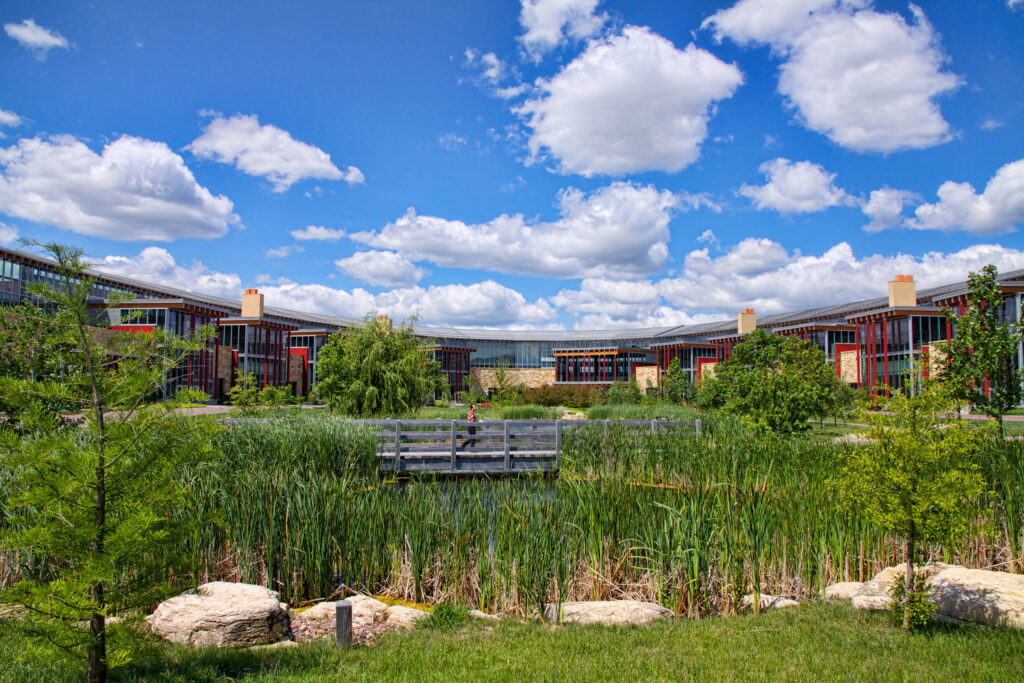As nations gather in Brazil for the international climate change conference, COP30, new analysis of countries’ plans has seemingly identified a clear focus by climate vulnerable countries to upskill the public for climate adaptation and resilience, while developed countries focus on how to maximise economic growth.
The report Climate Skills to Survive or Thrive by the Institute of Sustainability and Environmental Professionals (ISEP) examined the third round of National Determined Contributions (NDCs) submitted to the United Nations Framework Convention on Climate Change (UNFCCC) since the first NDCs in the Paris Climate Agreement in 2016.
The report found an imbalance in education and skills development in many NDCs that could exacerbate inequalities between rich and poor countries. Climate vulnerable countries focused on skills that enabled their citizens to survive, while wealthier countries focused on building capacity for their citizens to thrive – despite many having supply chains that relied on resources located in developing and emerging economies.
To ensure that all countries can enhance their skills development and enable a global exchange of best-practice, the report recommends:
- NDCs should explicitly and consistently set out measures to increase capacity-building and embed education and skills as measurable pillars of climate policy – accompanied by targets, funding pathways, and accountability mechanisms linked to national education strategies.
- Wealthier countries take an important leadership role with a more global outlook to skills development on climate change mitigation and adaptation.
The global professional membership body ISEP has focused on analysing green skills planning for workforces, and the learning systems needed to deliver a low-carbon, climate-resilient future. The new report has found that while less than less than 40% of countries have submitted NDCs, there is a clear trend emerging amongst the submitted plans.
Vulnerable countries focus on general education for adaptive survival
Countries more vulnerable to climate impacts, most often with less advanced economies and having contributed substantially less greenhouse gas emissions, are focusing on widespread education, skills and training needed for adaptive survival.
Some low-lying countries, such as the Solomon Islands, are adapting schools and curricula simultaneously, where developing skills and climate-resilient education facilities are helping people to both comprehend and tackle climate change in the immediate term. While other climate-vulnerable countries like Kenya are mainstreaming climate adaptation in the education system and strengthening the resilience of education infrastructure.
Of all the NDC submissions, one country stands out in terms of its understanding and utilisation of education and training:
- Cambodia: Highly vulnerable to climate change, with high projected warming against baselines, and starker increases in minimum and maximum temperatures. As well as extreme heat events, major river floods are expected to cause risk to life, loss of fisheries and yields from staple crops.1 Cambodia’s NDC stands out because it adds KPIs and names the Line Ministries responsible for each action. It sets out 15 packages of actions linked to education, information and awareness raising. This includes measures such as 1,000 schools implementing the National Guidelines on Eco-schools (climate mitigation), 1,000 schools implementing the Guidelines for Safe School Framework (climate resilience), 50 lifelong learning centres adopting updated climate change curricula, and educators, pre-service teachers, and in-service teachers in early childhood, primary and secondary education being trained on climate change. Fake news and misinformation will be combated.
Wealthier countries look for the economic benefits of green skills
Wealthier countries, often less directly impacted by climate change, are focusing on the economic benefits of green skills. Developing education and skills that leverage an existing industrialised base ensures that this global transition is treated as an economic opportunity rather than an existential risk.
- Australia’s NDC, for example, makes nine references to skills, each in the context of economic growth. Referring to its renewable resources and rich metal and mineral deposits, it assesses that the country is in a strong position to maintain economic growth in the transition to a lower emission economy. The reskilling and retraining of workers are forecast to drive clean industry growth, and their plan makes references to informing students on the basics of climate change and its impacts and an apprenticeship programme, which improve the uptake of careers in the priority industries of the net zero transition.
Commenting on the report’s findings, Chloe Fiddy, Senior Policy and Engagement Lead at ISEP, said: “There is a clear divide between countries focused on surviving climate change and those focused on thriving.
“Climate vulnerable countries are empowering their citizens with the education, training and skills needed to survive the worst impacts of climate change – which is not an abstract concept, but a lived reality – from sea-level rise to extreme weather bringing droughts, floods and environmental breakdown.
“Many wealthier countries may not yet be feeling the impact of climate change, whether because of more temperate baseline climates, ‘luckier’ topography or the deployment of expensive technological solutions. So they are focusing on developing education and skills that leverage an existing industrialised base, capitalising on the global transition as an economic opportunity rather than any existential risk to existence.
“This shift to a sustainable economy is creating green jobs within new and emerging sectors, while those working in existing sectors can gain the requisite green skills to take advantage of, and sustain, economic growth potential.
“To make sure that everyone can take advantage of these opportunities, it is important that future NDCs more explicitly, and consistently, draw out the skills and educational development that each country is delivering to support their decarbonisation journey to enable a global exchange of support and best-practice.”
Notes
[1] Further reading: 15849-WB_Cambodia Country Profile-WEB.pdf



